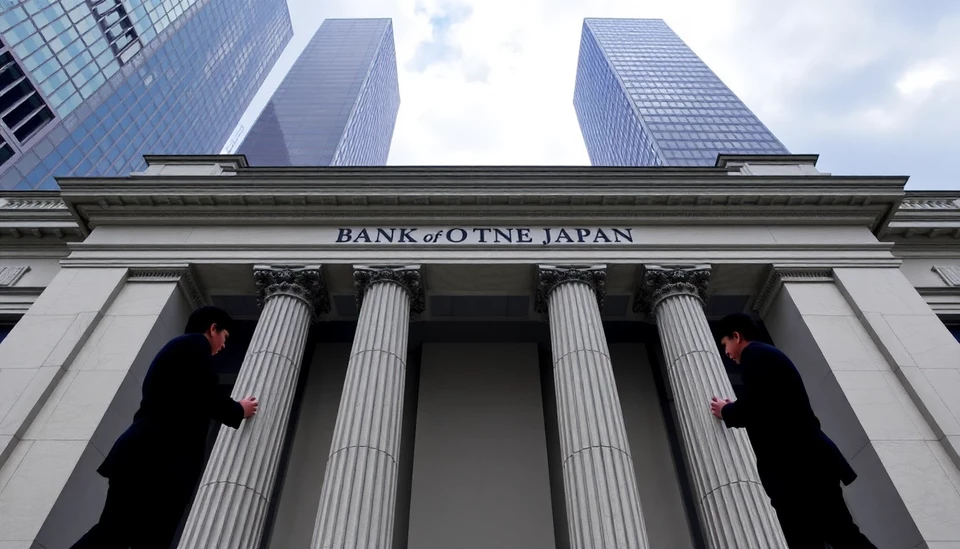
Goldman Sachs has recently assessed the potential implications of former President Donald Trump's newly proposed tariffs on Japanese automobiles, totaling $25 billion. The financial powerhouse believes these tariffs will have a limited effect on the broader automotive sector and the global economy. Despite the potential for significant headlines, the firm's analysis suggests that the market might not react as negatively as one might expect.
The proposed tariffs come in light of ongoing trade tensions and complexities surrounding international automobile manufacturing. Goldman analysts, however, contend that the immediate effects on both Japanese manufacturers and their American counterparts could be minimal in the grander scheme of things. They argue that the Japanese auto industry, renowned for its robust operations and adaptability, has developed strategies over the years to navigate such trade disputes. This adaptability may serve as a buffer against the brunt of the tariffs.
Goldman's research indicates that while tariffs could increase production costs for automakers, the overall demand for vehicles in the U.S. may mitigate these financial implications. The firm underscores that the tariffs are unlikely to deter consumers significantly or curb auto sales, offering a more tempered market outlook.
Additionally, Goldman highlights the intricate supply chains in the automotive industry, which often span multiple countries. The firm's analysis suggests that manufacturers will likely adjust their sourcing strategies to alleviate the impact of the tariffs, indicating a resiliency within the industry. Japanese automakers, in particular, possess the resources and flexibility to respond proactively to such economic policy changes.
The bigger question remains whether these tariffs will ignite further retaliatory measures from Japan or other nations impacted by such actions. Historically, trade disputes have often led to a cycle of retaliatory tariffs. However, analysts from Goldman express optimism that both nations may find common ground to avoid escalation. The hope is that diplomatic channels will prevail amid these economic strains.
Goldman's conclusions are backed by an extensive analysis of past tariff impacts and a deep dive into sector-specific data, providing a nuanced understanding of the complexities involved. As such, investors are advised to remain cautious but not overly alarmed, as proactive measures by automakers could offset potential adverse effects on the industry.
Overall, while there's an inherent uncertainty surrounding trade negotiations and tariff implementations, Goldman's analysis provides a reassuring perspective for both investors and stakeholders within the automotive sphere, suggesting that the industry's adaptability will play a crucial role in mitigating potential fallout from these proposed tariffs.
As the situation develops, stakeholders are encouraged to monitor ongoing discussions and trade negotiations to gain further clarity on the economic landscape and the potential repercussions within the sector.
In conclusion, while proposed tariffs signal a turbulent economic track ahead, Goldman Sachs maintains a cautiously optimistic stance, forecasting limited impact on Japan's automotive industry and the broader market.
#GoldmanSachs #Tariffs #JapanAutomotive #TradeTensions #DonaldTrump #EconomicImpact #AutomotiveIndustry #SupplyChainResilience #Investors #EconomicAnalysis
Author: Rachel Greene




